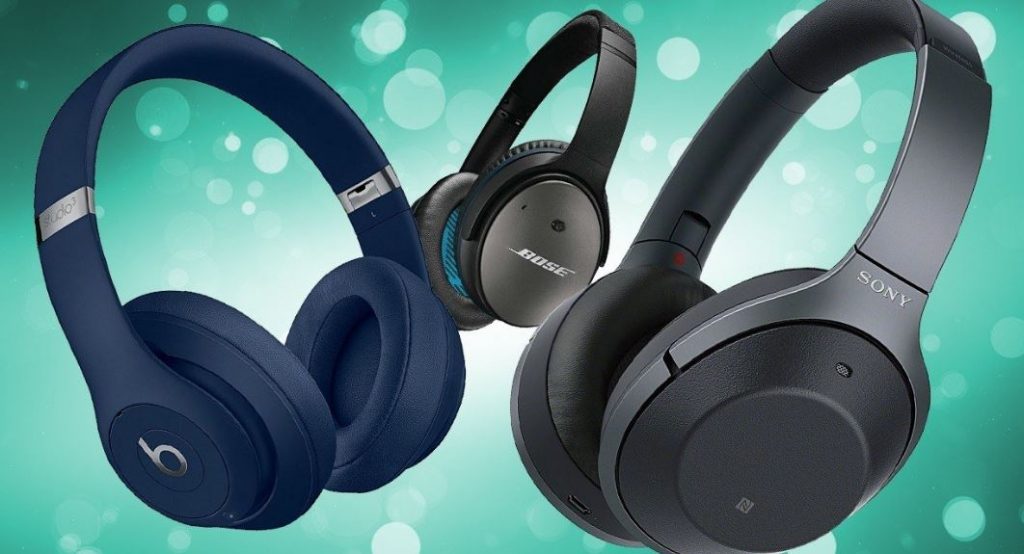Society today has stayed more plugged in than ever, especially since work has seen significant changes to adapt to new technologies and digital solutions. Going online has enabled many to keep up with the increasing need to acquire new information, learn necessary skills, and build connections with people anytime and anywhere in the world.

Smartphones and tablets are popular technologies that offer users on-the-go connections to the world wide web in just a few seconds. However, typing out thousand-word essays or looking through spreadsheets can be challenging with its limited screen and capacity. Although a personal computer can provide excellent performance and a bigger screen, it can be hard to lug around all its necessary parts.
A personal laptop can significantly help your efficiency and productivity without compromising mobility. Tech companies have consistently improved laptop models to accommodate every consumer’s needs. Whether you need an upgrade or it’s your first time buying one, read the article below for the four things you should consider before purchasing a laptop.
4 Things You Should Consider Before Buying a Laptop
However, it can be easy to get lost in the sea of technical jargon and different laptop models offering various features when looking at laptops you can consider buying. Here are some factors you should keep in mind on your next hunt.
1. Do your research
As with all things, proper and thorough research can help you better grasp what you’re dealing with. Remember that gaming, work, and standard laptops have distinct specifications. So, it may be worth trying to understand what you’re getting into.
Visit online forums and read reviews and blogs to help you become familiar with technical terms to get the most bang for your buck. It helps to get to know the product from different people and perspectives since it also ensures that the reviews you’re reading aren’t biased or sponsored.
If you know people who are more familiar with electronics, try getting their opinion or recommendation. Chances are, they know what you need and like, allowing them to recommend an excellent laptop.
2. Decide what you need
Get your pen and notebook ready because you’ll have to know the five essential components of a laptop to figure out which meets your wants and needs at a price you can agree with.
Processor
Think of the processor as the brain of your laptop—the better the processor, the better the performance. But the better the processor, the pricier it can get.
Most computer-based jobs don’t require a processor that’s too powerful—a Core i3 processor can get the job done. However, film editors, graphic designers, and other creative professionals would need more. While laptops with Core i7 processors run the smoothest and offer the best performance, they can get expensive and give off quite a bit of heat from underneath your laptop.
Screen
You’ll probably stare at your computer screen for most of the day, which is why getting a laptop that’s easy on the eyes is crucial. Unless you’re an editor or an avid movie fan, you probably won’t need a laptop with an expensive 4K HD screen.
If you’re prioritizing portability, a 13-inch screen size can give you a thin, lightweight design while still offering you enough screen space to use it comfortably. Smaller screens are also available if you’re a frequent traveler who needs a laptop that you can carry anytime, anywhere. While bigger, 15-inch screens work best for children.
Battery life
Instead of focusing on the number of hours the manufacturer highlights, look at the battery rating in terms of Watt-hours (Wh) or milliamp-hours (mAh). The bigger the number, the longer your laptop’s battery can last. Keep in mind that variables like screen brightness and the types of programs you run can also affect your laptop’s battery life.
RAM
Random Access Memory (RAM) allows you to juggle between applications at a time. The more RAM a laptop has, the faster it can access data and run applications. Tech enthusiasts consider 4GB of RAM the industry minimum. But if you’re looking for more power, look for 8GB RAM or more.
Storage
The amount of space you can store your files in can also be a great advantage. Slimmer laptops typically support Solid-State Drives (SSD) better than hard disk drives. Consider nothing less than 256GB for SSD for a faster laptop or storage less than 1TB for hard disk drives for larger space but slower run time.
3. Choose between a brand-new, used, or refurbished laptop
Most would decide that buying a brand-new laptop is their only choice. However, there can be some merit in looking into used and refurbished laptops. Brand-new laptops ensure you won’t worry about user-caused damages or battery degradation before using. You’ll also get the most benefit from the device’s entire warranty period.
However, you’ll have to deal with the higher price tag when a laptop is fresh out of a factory, which won’t be a problem for used laptops. Since an official quality assurance or warranty isn’t included with a used laptop purchase, this option can be considered a high-risk, high-reward case. You’ll also probably have to make do with a one or two-year-old model.
Sometimes known as a recertified laptop, a refurbished laptop is typically an older or returned model thoroughly inspected and restored by the official manufacturers. Refurbished can be a viable middle ground: more affordable than a brand-new laptop but a more guaranteed performance than used devices.
4. Look for the best deals
Always be on the lookout for special promos brands offer. Some may be in-store, while others may be online coupons or vouchers you can use at the checkout page. Student discounts are also popular with companies that sell laptops. Although these laptops may not have the most cutting-edge specs, they most likely have the standard features to help with everyday tasks.
Consider your lifestyle, needs, wants, and especially your budget when shopping for your next laptop. Making an effort to go to multiple stores and compare devices can help you make the better choice.
Bring More Success with a New Laptop
A laptop can be as much of an investment as a convenience. Make sure to plan and budget well before you buy your laptop. You can also look into models that serve more than one purpose, like hybrid devices that can switch to tablet mode.
If buying a used MacBook doesn’t sound half bad, knowing these four things can help you get the most with what you have.



